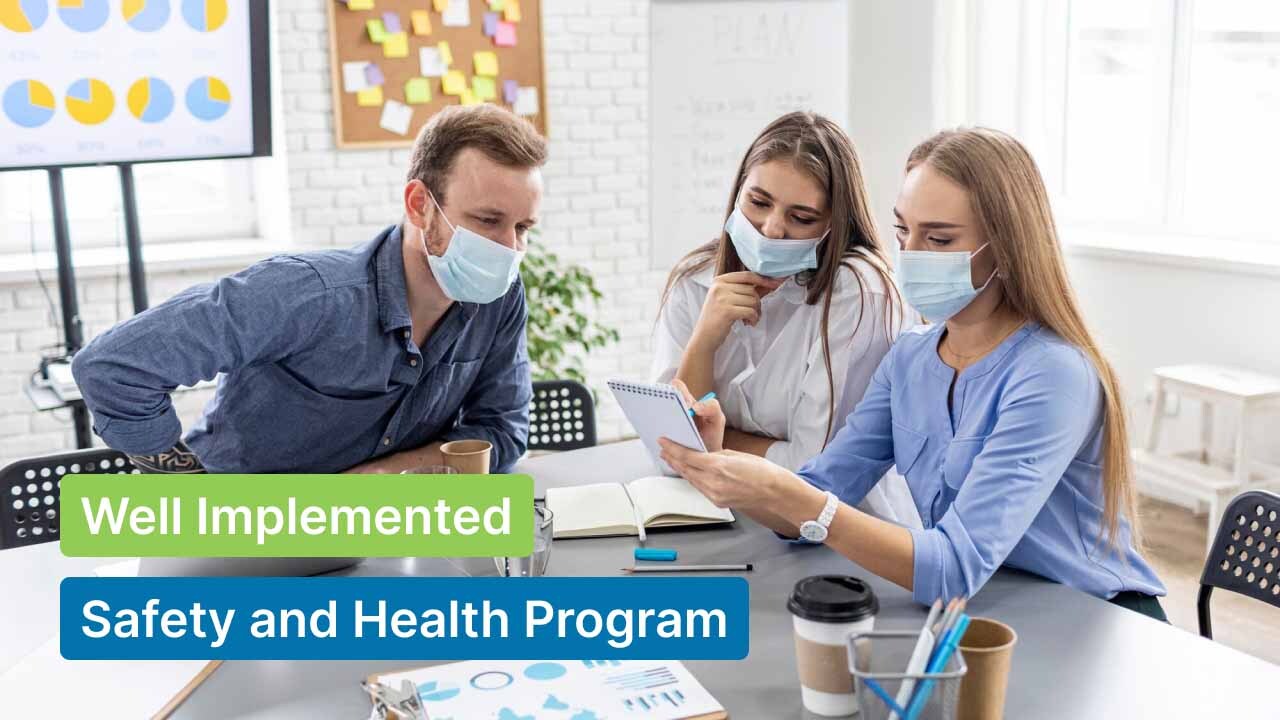
You'll be pleased to know it's now much safer to have an operation – imagine having an operation during pre-Propofol (the drug that puts you to sleep) anaesthetic times.
These innovations are transforming operating rooms and reducing the risks of surgical interventions, from improved surgical devices to enhanced protocols. But why exactly are surgeries in 2024 considered safe?
Read on to find out.
Sophisticated Ways of Carrying Out Surgeries
One reason why surgeries are less dangerous today is the use of modern techniques. Today, minimally invasive surgeries like laparoscopic and robot-assisted procedures have become more popular because they lead to smaller incisions, lower blood loss volume, and faster healing processes. They also reduce infection risks and complications.
For example, with robotic assistance, surgeons can operate with greater precision and control, enabling them to perform complex operations with better accuracy. This technology eliminates possibilities for human error, thus resulting in better patient results.
Further improvements with image-guided interventions, including virtual reality (VR) and three-dimensional (3D) imaging, offer instantaneous views of the surgical site for further precision during operation.
Better Safety Measures
Improved safety measures will also contribute significantly to making surgeries safer in 2024. Hospitals and surgical facilities have implemented strict guidelines that ensure patients' safety before, during, and after surgery. These standards include comprehensive preoperative assessment tools, standardised checklists for surgical procedures, and strong infection control measures.
Surgical checklists like the World Health Organisation's Surgical Safety Checklist ensure critical steps aren't missed, lowering errors associated with omission cases. And, stringent infection control measures encompass sterilisation of equipment and cleanliness within the operating room, thus curbing the development of postoperative infections.
Modern Medical Instruments
Surgical procedures have become much safer with the development of safer, more user-friendly medical instruments. For example, a surgical retractor, which holds body tissues during surgery, is now designed to be less invasive and efficient, reducing stress on patients' bodies and surgeons.
Other advanced medical devices used in surgeries include surgical robots, endoscopy instruments, and energy-based devices like laser scalpels and ultrasonic cutters. They bring precision, control, and safety to various procedures. Surgical safety is further improved through innovations like hemostatic agents that help control bleeding or advanced sutures, which minimise the risk of wound complications.
Continuous improvements on these medical devices ascertain that physicians are well-equipped with better tools for enhanced patient outcomes while minimising chances for complications.
Improved Postoperative Care
Postoperative care has also seen significant improvements, contributing to safer surgeries in 2024. Enhanced recovery protocols, individual patient approaches, and improved pain management techniques contribute to safe recoveries without hitches.
Enhanced recovery protocols aim at optimising the entire journey from preoperative preparation through postoperative rehabilitation to minimise complications, shorten hospital stays, and increase patient satisfaction. Patients receive personalised care based on their specific needs and conditions, which ensures they get appropriate treatments.
Using opioids can be reduced by applying pain management strategies like multimodal analgesia and nerve blocks, relatively new compared to other analgesia. It may also reduce the likelihood of dependence on opioids and other complications associated with them – opioid dependence because of postoperative prescriptions is not uncommon.
Surgical advancements have revolutionised surgery by decreasing risks and improving patient outcomes. With today's procedures, you should feel safe irrespective of what type of operation is scheduled, whether minor or complex, they're performed with a high degree of precision, care, and safety.
Also Read





























